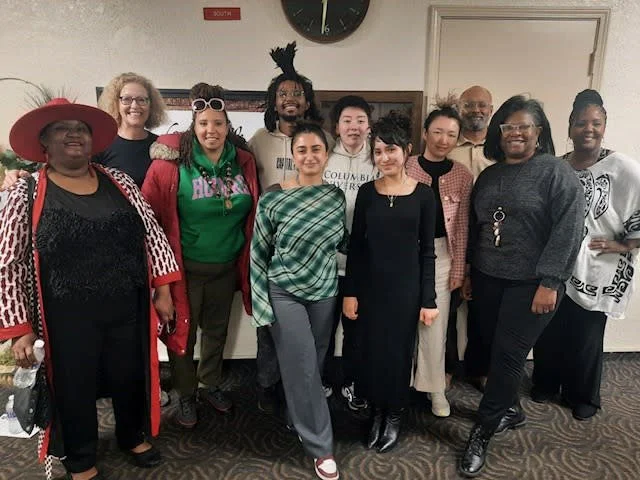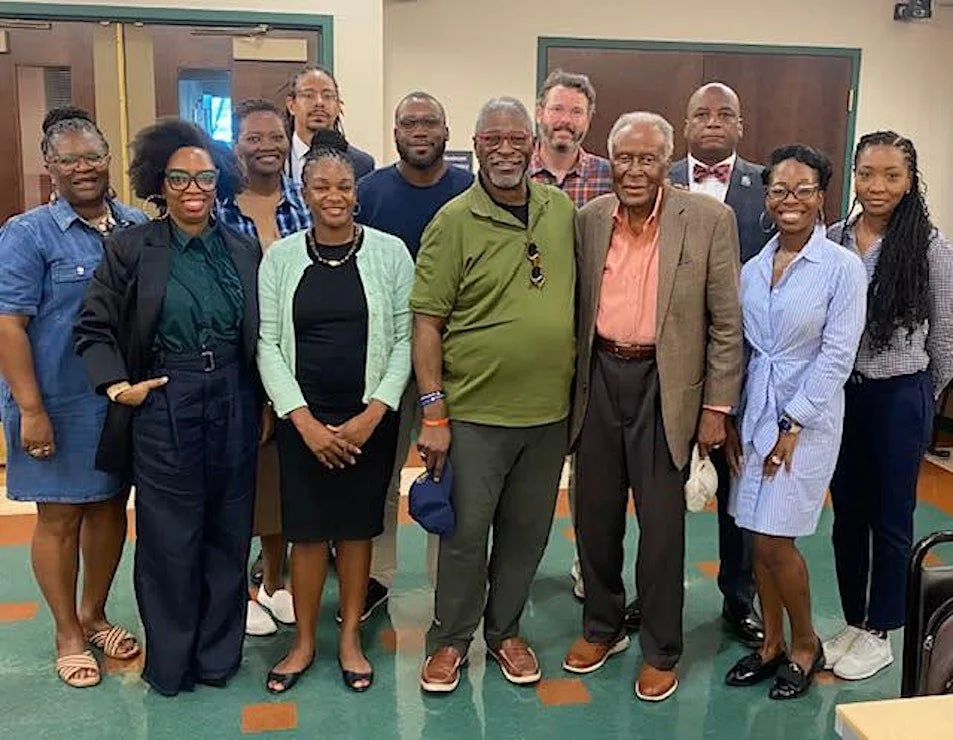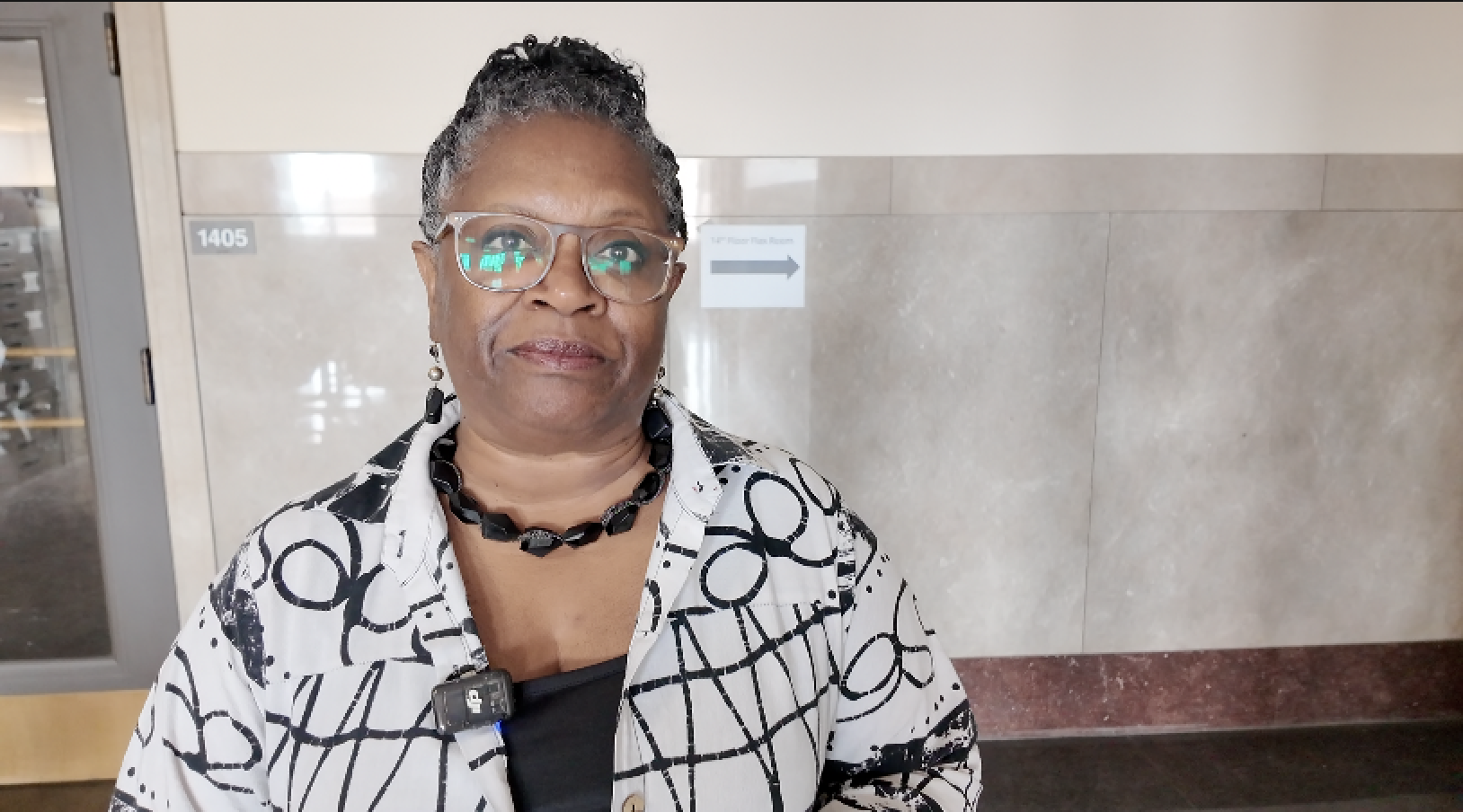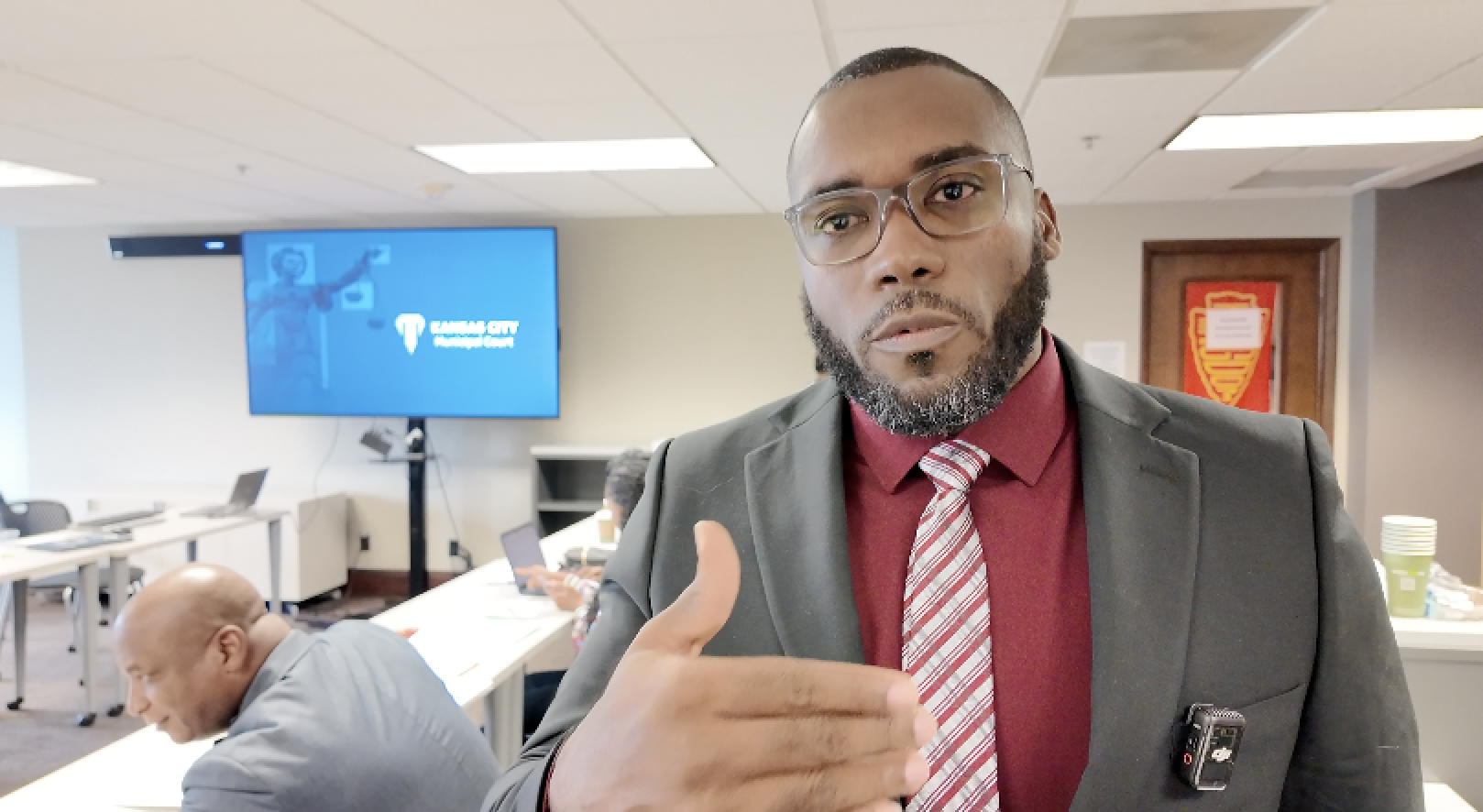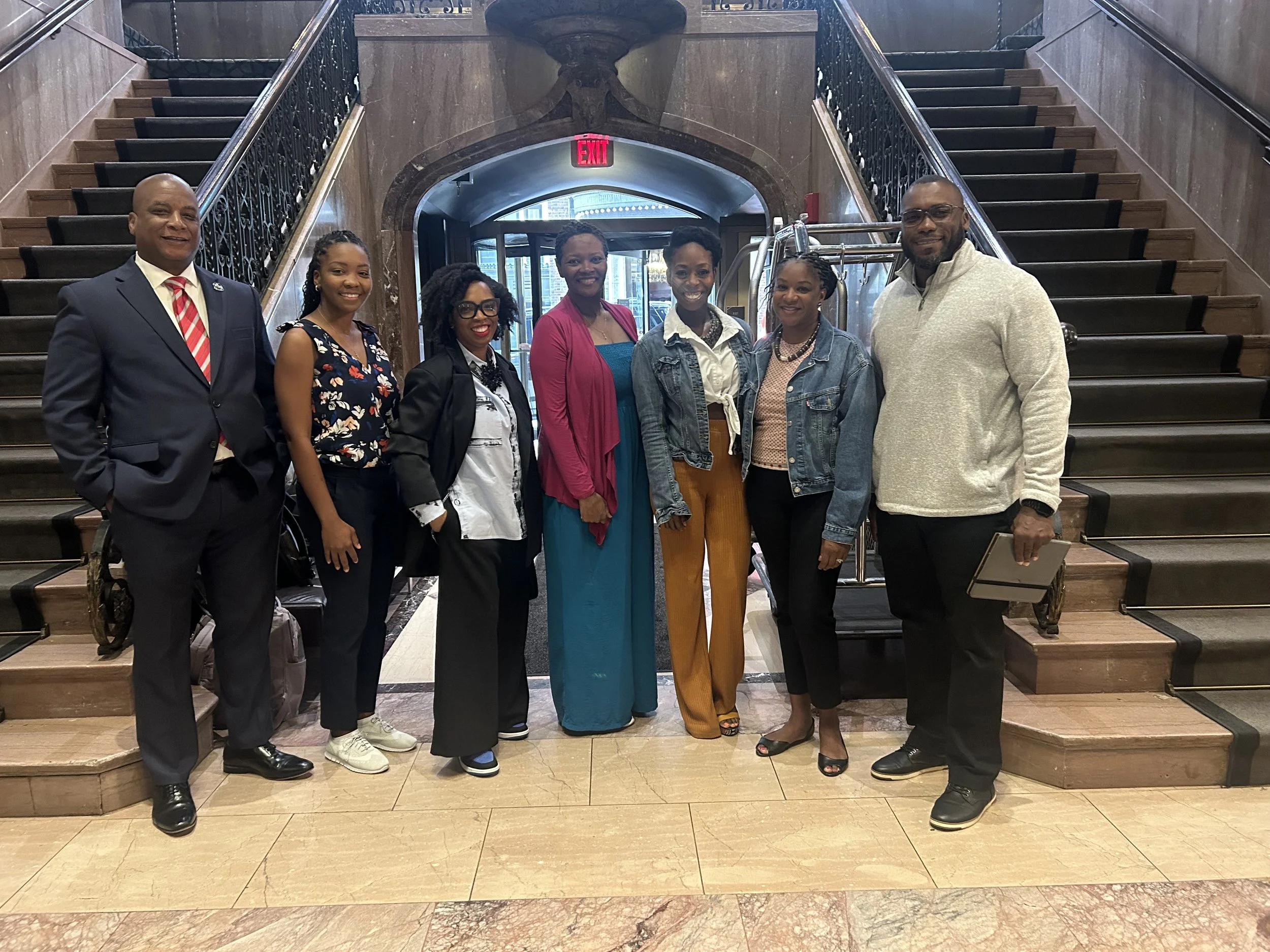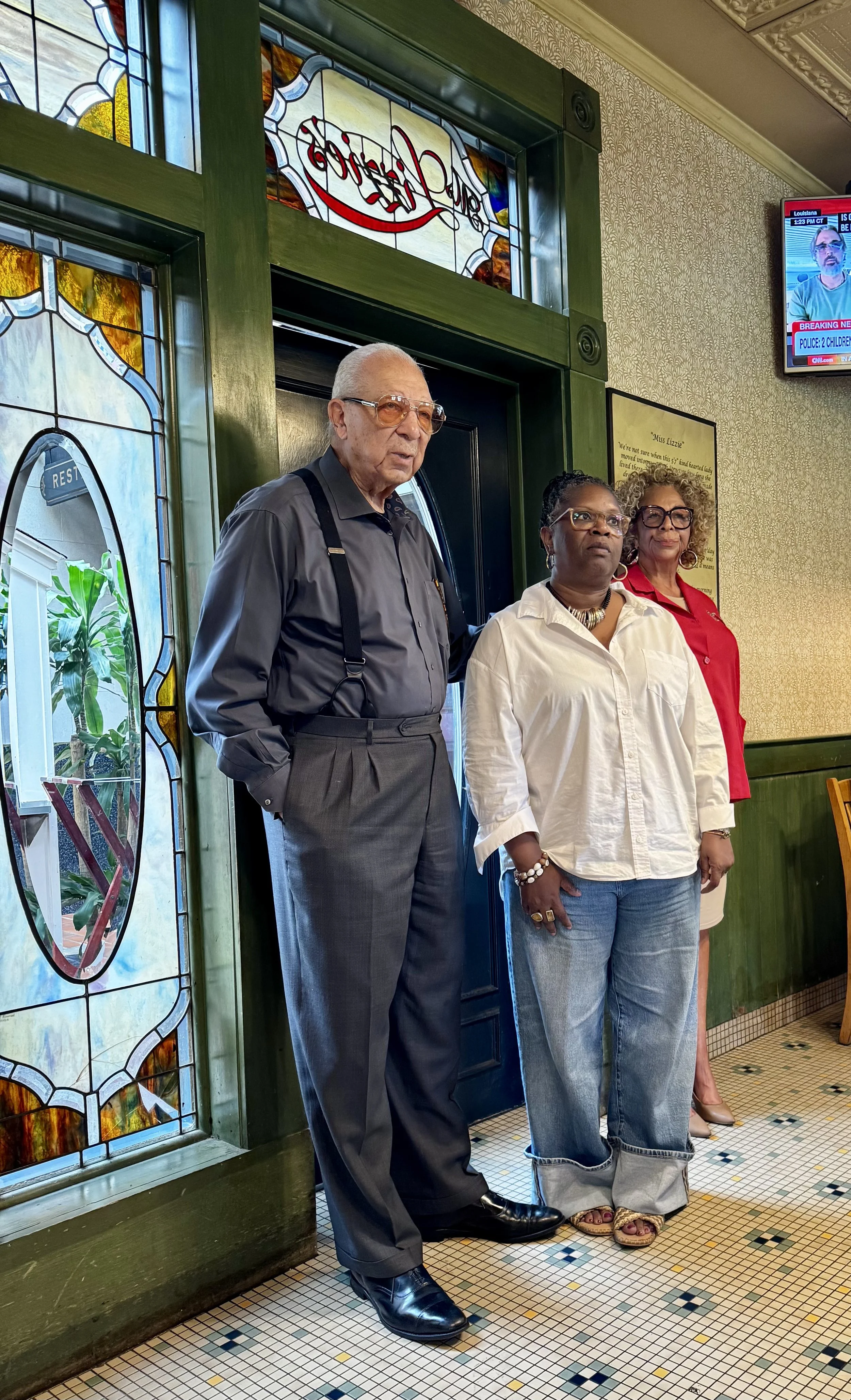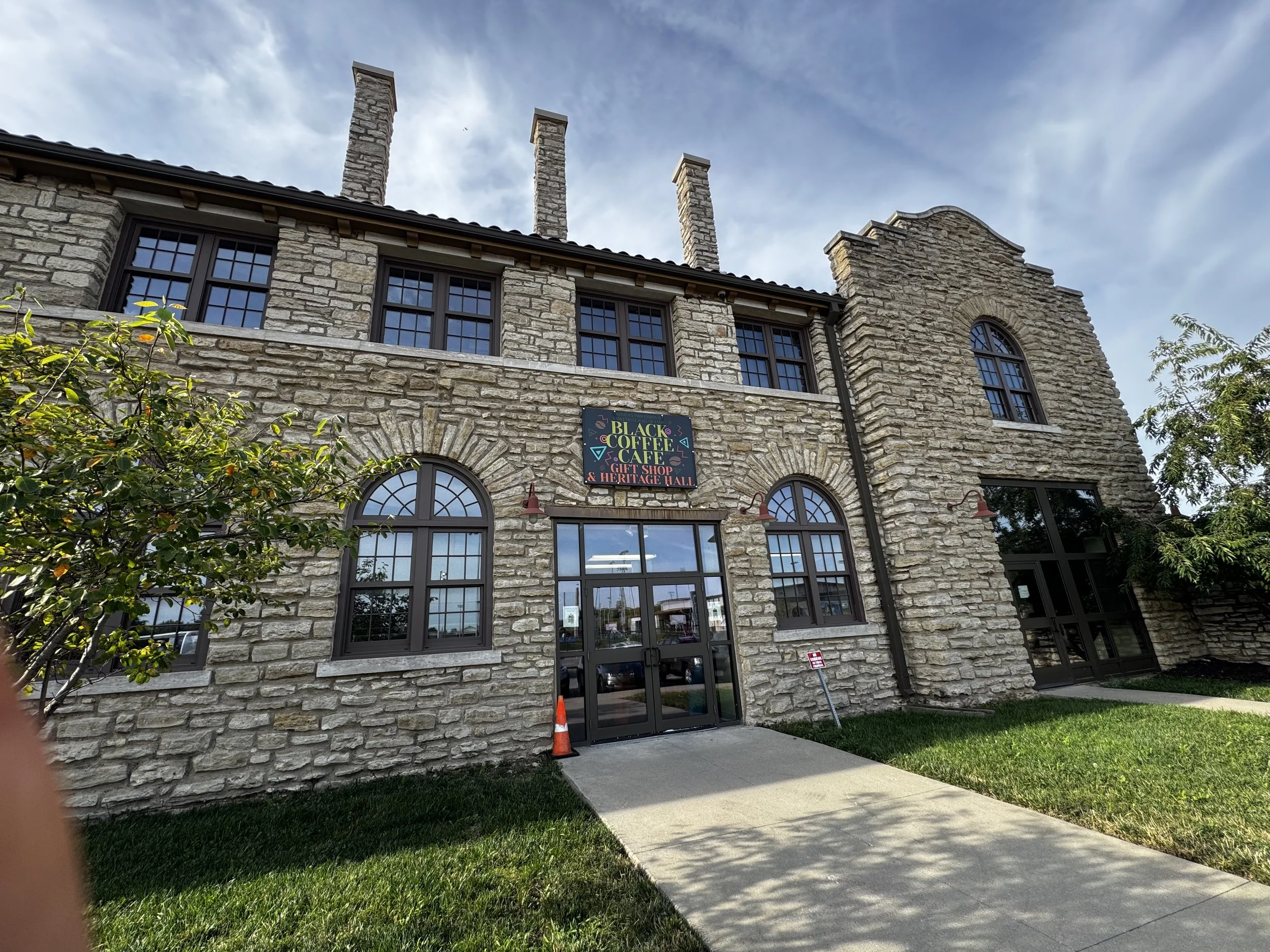Kansas City Mayor’s Commission on Reparations
Background
Established in 2023, the KCMO Reparations Commission examines the lasting impact of slavery and systemic discrimination in Kansas City and develops actionable recommendations for equity and repair. Supported by the Carter Development Group and Civility Localized, the Commission launched a year-long research and community engagement process to document the city’s history of harm and chart a path toward restorative justice.
Civility Localized serves as a key engagement partner, coordinating logistics, public input opportunities, and community communications to ensure that every Kansas Citian has access to the process and a voice in the city’s next steps.
Challenges
Kansas City’s legacy of redlining, housing discrimination, and racialized policy has created deeply entrenched inequities across neighborhoods. The engagement process needed to bridge historic divides, create safe and inclusive spaces for dialogue, and elevate the lived experiences of Black residents within a government-led process.
What We Did
Civility Localized supported the KCMO Reparations Commission with a comprehensive community engagement plan spanning research, outreach, and facilitation. This included:
Designed and launched the city’s public engagement website at publicinput.com/kccommissiononreparations and partnered on a community-wide survey to collect resident feedback.
Planned and coordinated multiple in-person and virtual sessions, including large-scale gatheringsFacilitated interviews with residents, faith leaders, nonprofit executives, and local officials to ensure that policy recommendations reflected diverse perspectives across Kansas City.
Produced branded materials such as yard signs, QR postcards, sign-in sheets, agendas, and volunteer coordination through the Kansas City Centurions. Supported content creation for flyers, web pages, and citywide communications.
Developed a protocol for small-group conversations in trusted community spaces such as barbershops, salons, and libraries, capturing the voices of residents who might not attend formal meetings.
Media
